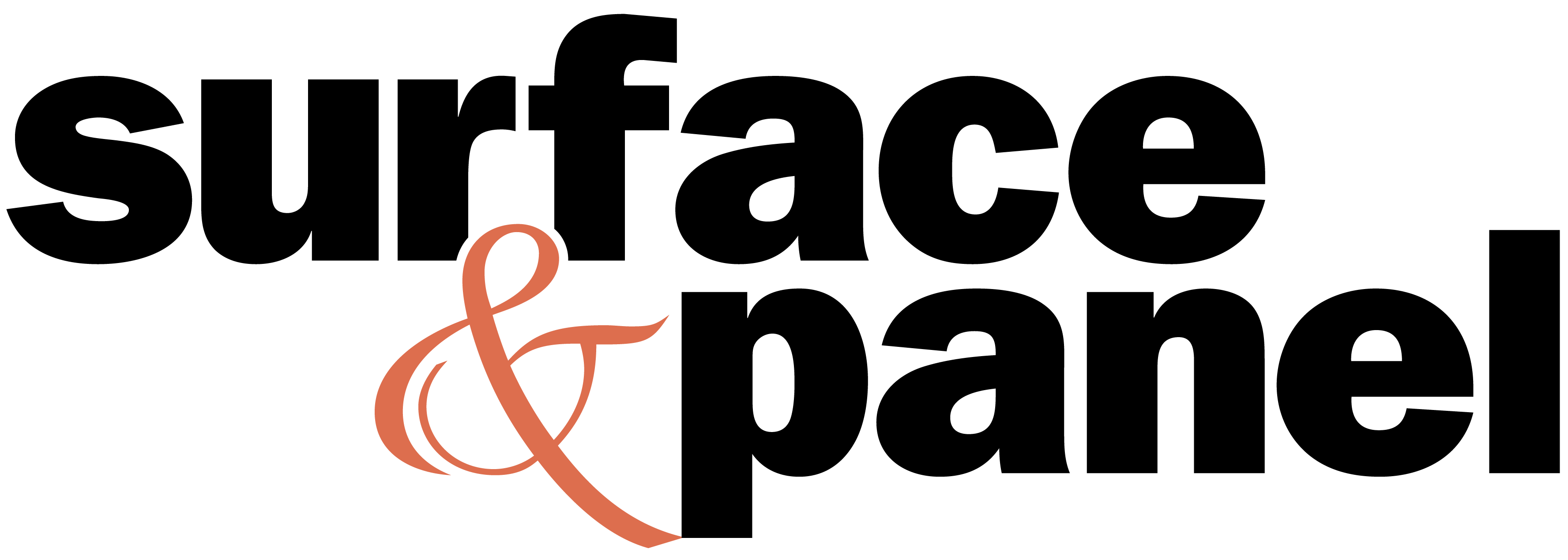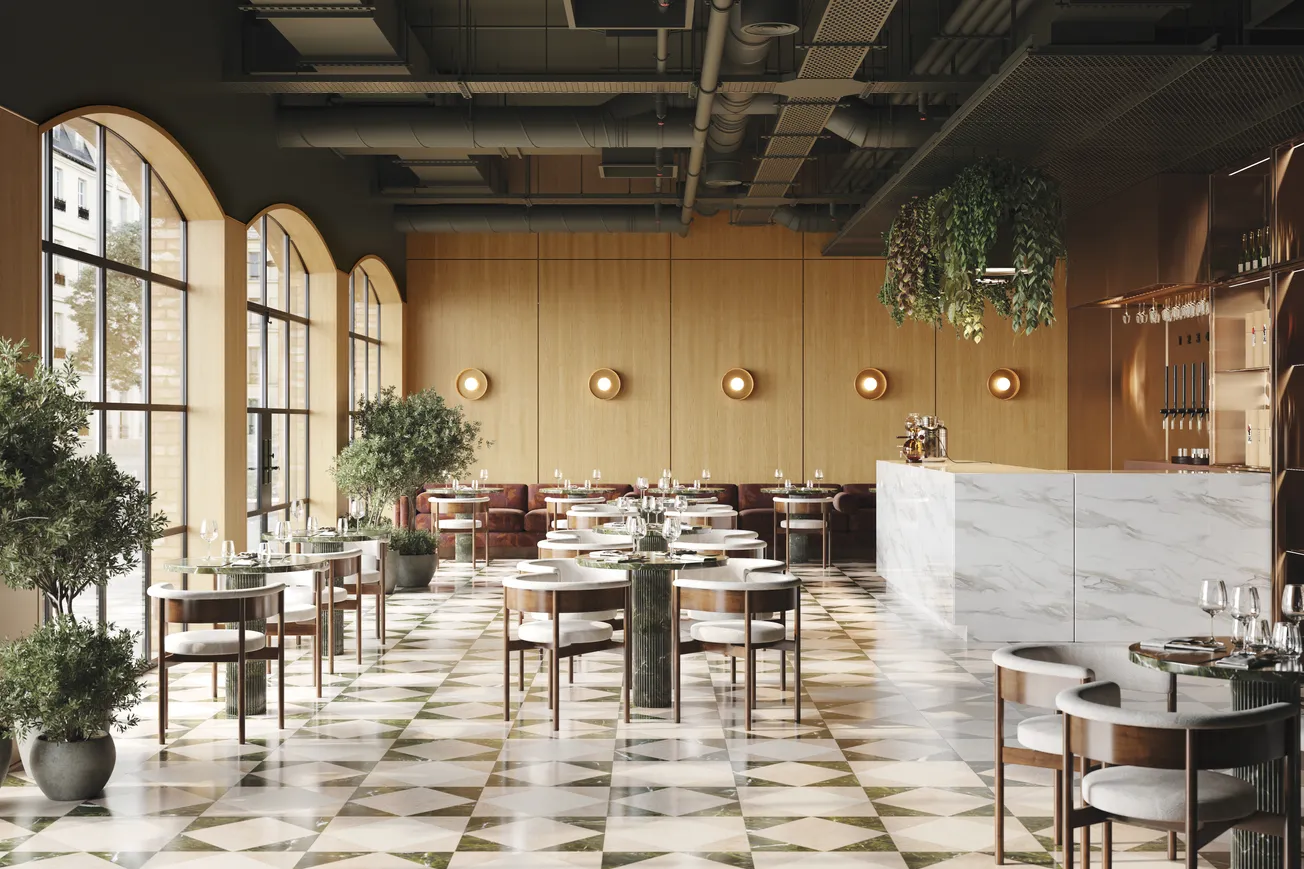Table of Contents
CalFibre is seeking $75 million funding to acquire and reopen the CalPlant rice straw board factory in Willows, California, a small town in the Sacramento Valley.
The facility is designed to turn post-harvest rice straw waste with no added formaldehyde into Eureka MDF, a board that matches the performance of traditional wood and can be used to make furniture, cabinetry, doors and moldings.
CalPlant began limited operations at the 276-acre site in March 2020, producing the world’s first no-added formaldehyde, race straw-based, medium-density fiberboard, Eureka MDF. Hit by the pandemic, the company filed Chapter 11 bankruptcy a year-and-a-half later, before ever reaching full production.
“The creditors carried us through the hard times during the challenges of the construction phase with additional investments, but the expense of a long shutdown to solve that one process issue exceeded what they were willing to invest,” explained founder Jerry Uhland. “They were then forced to choose bankruptcy and asset liquidation.”
It took Uhland, a California rice farmer, 20 years, eight months, and 17 days to raise the initial $325 million. It took so long to convince funders to support his first-of-its-kind rice straw board plant because the raw material supply, the manufacturing plan, and the markets all had to be perfect. “I had 20-year contracts with fellow farmers and balers for 400,000 tons of rice straw, a full guarantee from the equipment-maker to make my technology work at scale, and a 20-year purchase contract for 100% of the production from the plant,” said Uhland.
Uhland said the marketplace seemed receptive: “The buyers loved getting a product with our substantial green credentials, and at the same quality and price as their everyday wood-based boards.”
So what went wrong? According to Uhland, first it was a $100 million “laundry list of bad luck.” There were the major construction costs over-runs from an over-promising and under-delivering contractor. The Federal Aviation Administration demanded the company lower the height and move a dryer tower--one of their major installations. Then came the COVID shutdowns. And if that wasn’t enough, a dry lightning storm caused a fire that burned 50,000 tons of stored straw. After construction completed, the final financial blow came when a small but critical part of the guaranteed equipment line didn’t work properly, causing the plant to only reach 40 percent of its designed manufacturing capacity.
Uhland then joined forces with several industry allies to form CalFibre LLC. CalFibre is currently seeking investors for a capital raise of $75 million to acquire, repair, restart and operate the distressed asset. Over the past 12 months, there have been numerous bids on the asset, according to Uhland, but none of the potential buyers have committed to restart the plant using local crop residues as the raw material, and the intention of some is to disassemble the mill and ship out the pieces.
Uhland said, “CalFibre has all the elements for success in hand: 150,000 tons of rice straw at the plant site and 400,000 tons per year of ongoing straw contracts; a guaranteed equipment fix; a full turnaround team from line workers to the CEO; unwavering support of the local community, and buyers lined up for our MDF products. Once CalFibre is up and running, we have a ready-made solution for the rest of the world to save trees, to reduce greenhouse gas, to reduce harmful construction chemicals, and to demonstrate the potential of the bio economy and circular economy.”







